
Vanlevopride 75mg/40mg Capsule SR
Manufacturer
Vanesha Healthcare
Salt Composition
Levosulpiride (75mg) + Esomeprazole (40mg)
Key Information
Short Description
Vanlevopride 75mg/40mg Capsule SR is a prescription medicine used to treat gastroesophageal reflux disease (acid reflux) by relieving symptoms such as heartburn, stomach pain, or irritation.
Dosage Form
Capsule SR
Introduction
Vanlevopride 75mg/40mg Capsule SR is a combination of two medicines: Levosulpiride and Esomeprazole. It works by relieving the symptoms of gastroesophageal reflux disease (acid reflux) and neutralizing the acid production in the stomach to prevent discomfort.
Directions for Use
Take this medicine in the dose and duration as advised by your doctor. Swallow it as a whole. Do not chew, crush, or break it. Vanlevopride 75mg/40mg Capsule SR is to be taken empty stomach.
How it works
Vanlevopride 75mg/40mg Capsule SR is a combination of two medicines: Levosulpiride and Esomeprazole.
Quick Tips
Do not consume alcohol while taking Vanlevopride 75mg/40mg Capsule SR as it can increase the risk of stomach damage. Long-term use may cause weak or broken bones. Take adequate intake of dietary calcium and vitamin D or their supplements. Do not take Vanlevopride 75mg/40mg Capsule SR for longer than prescribed.
Related Medicines
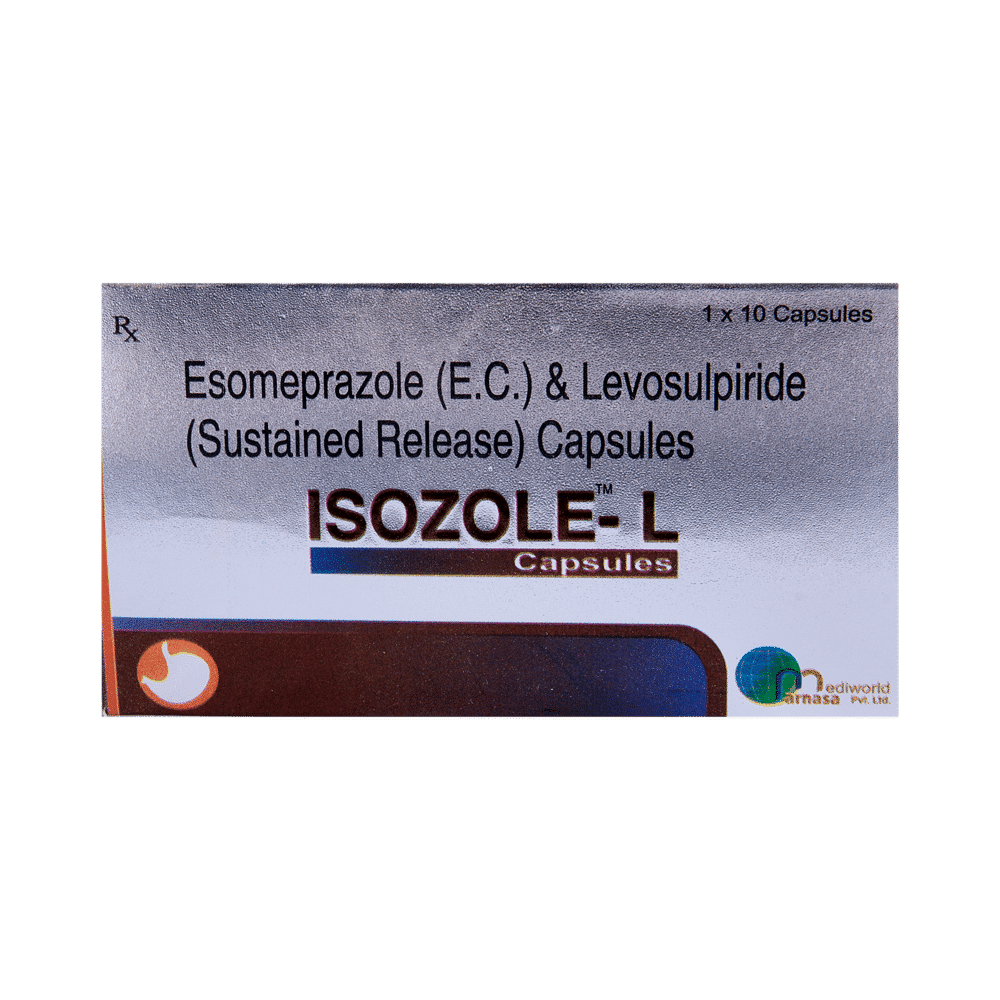
Isozole-L Capsule SR
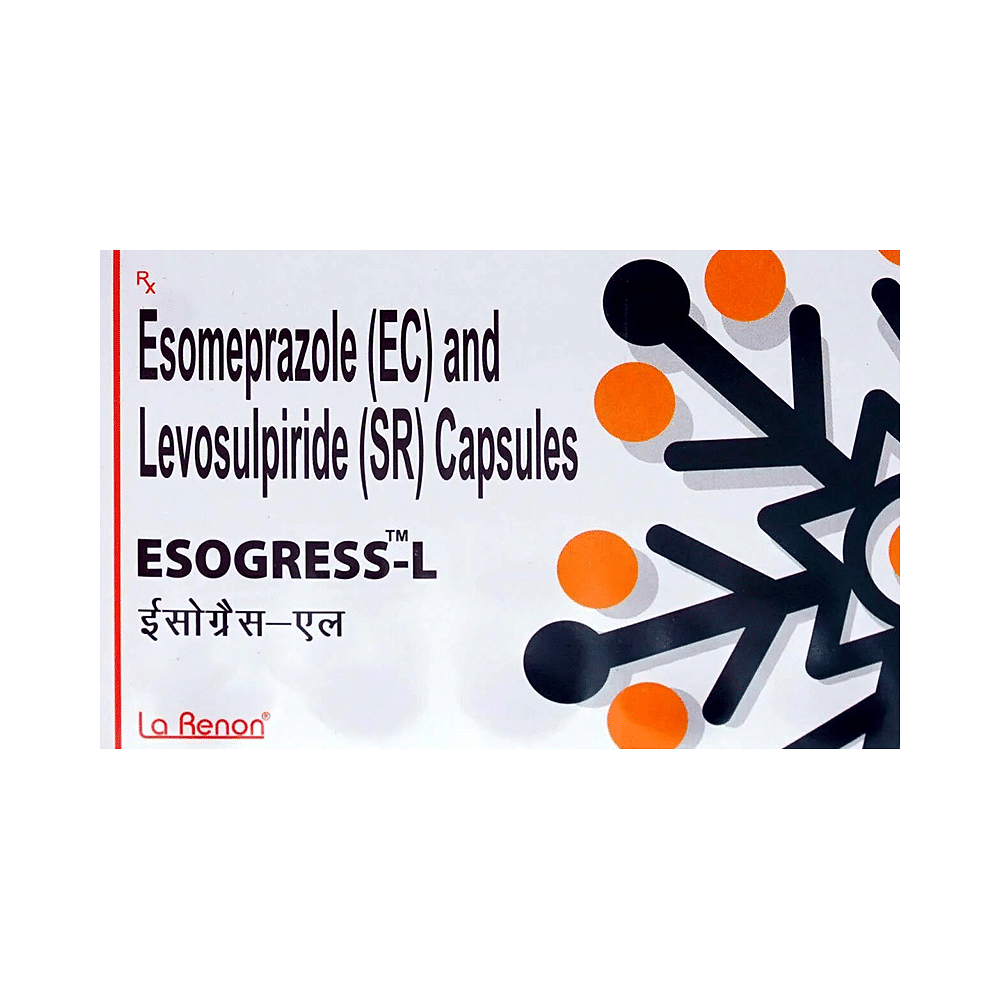
Esogress-L Capsule
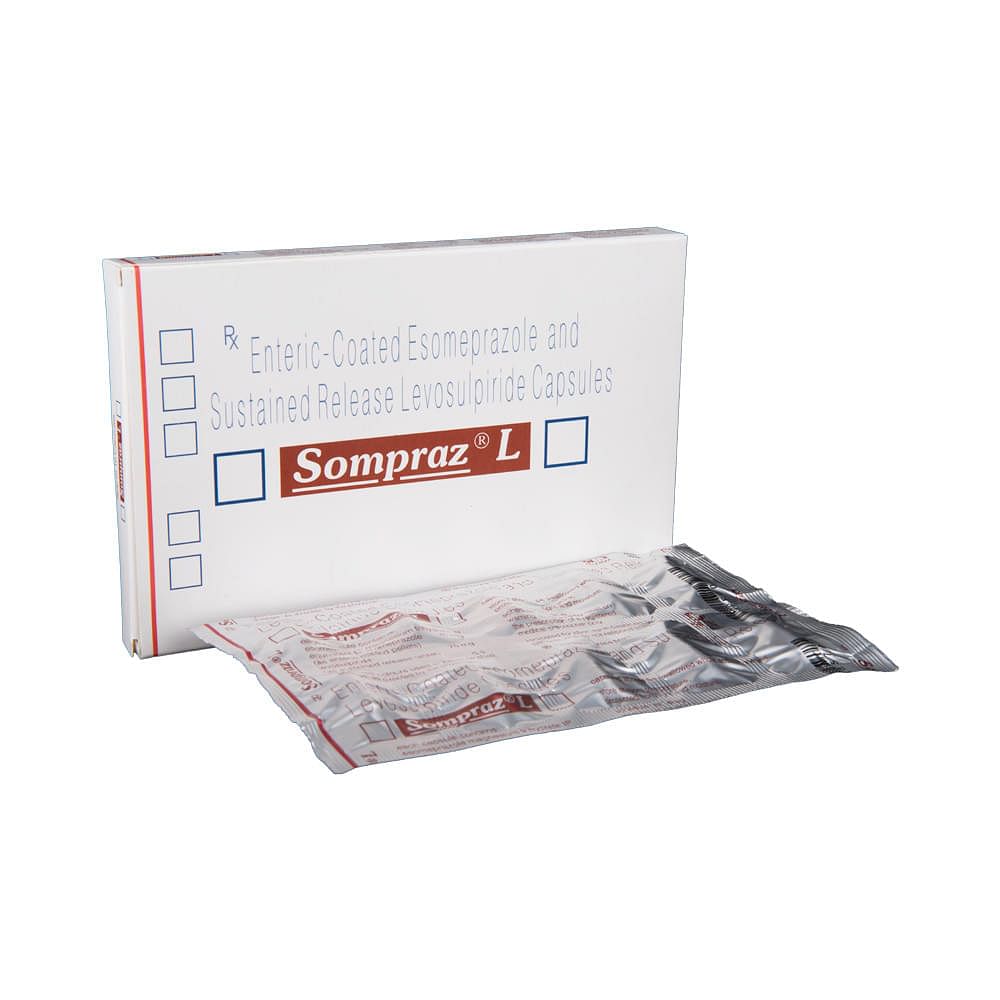
Sompraz L Capsule
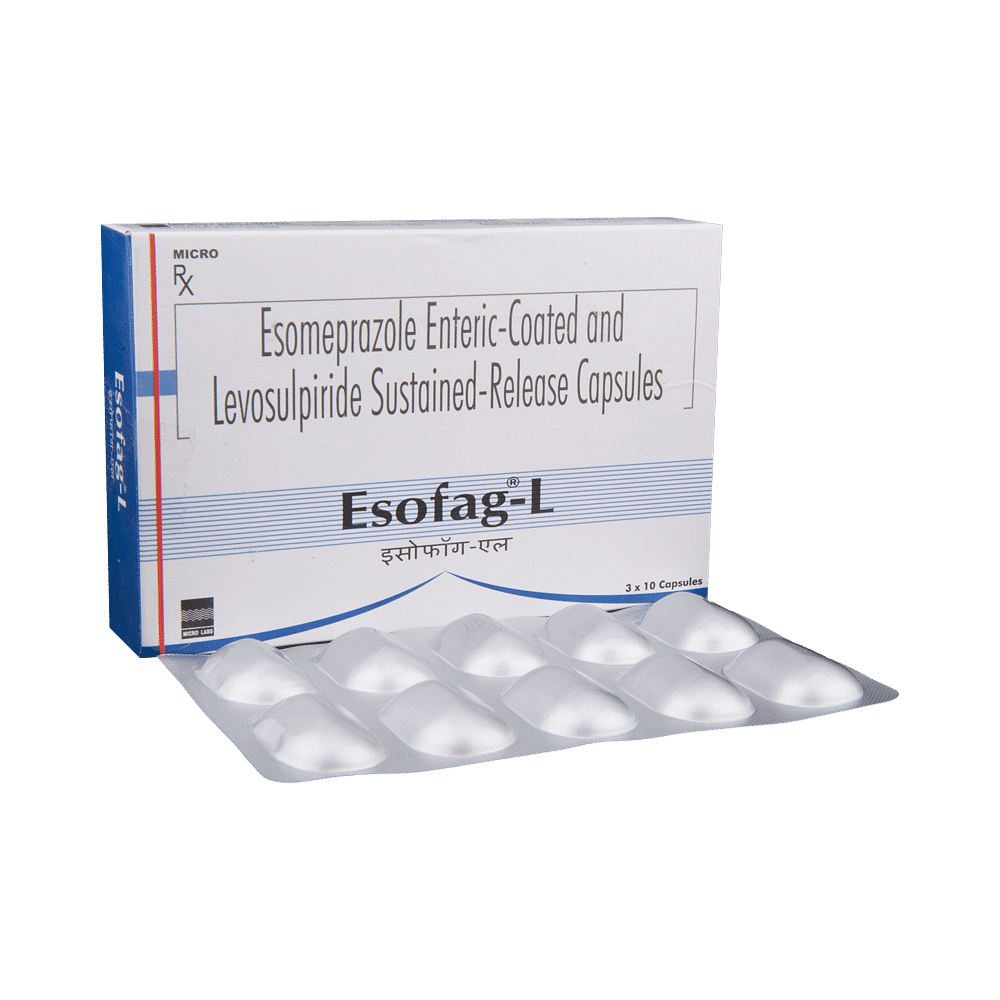
Esofag-L Capsule SR
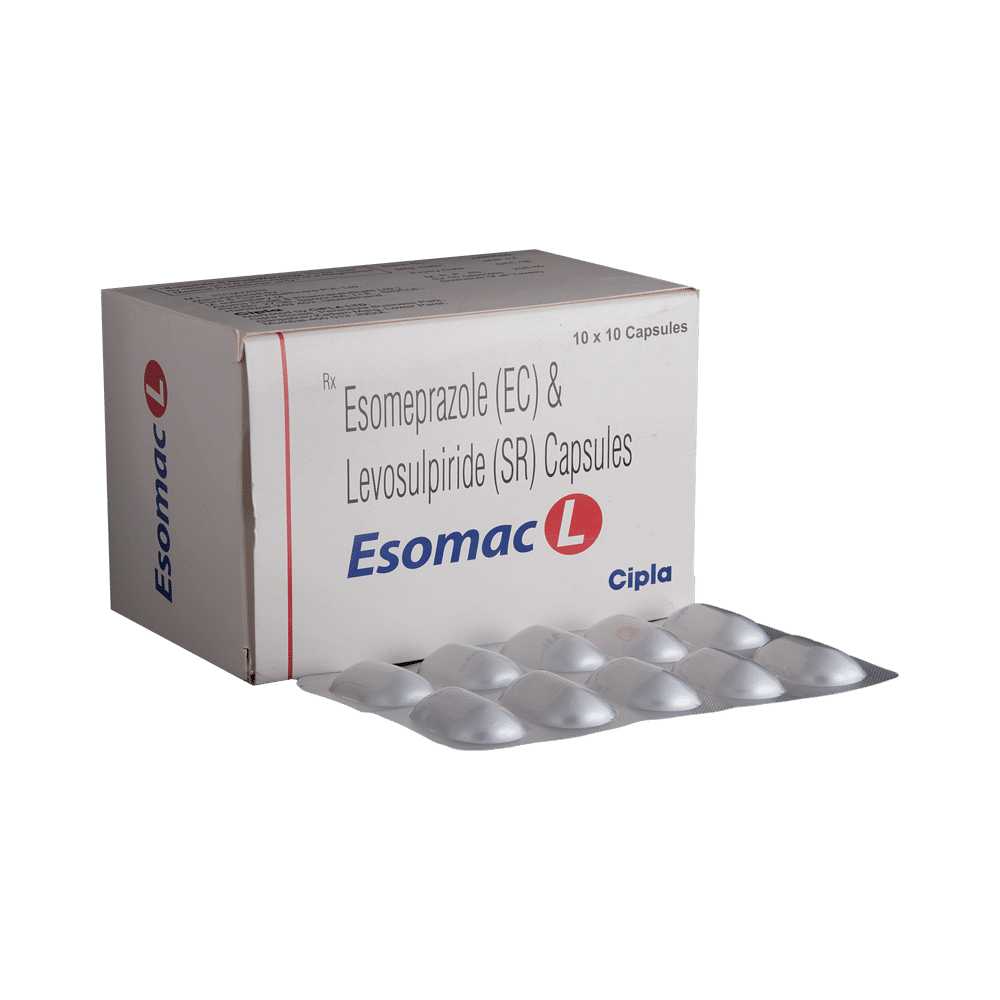
Esomac L Capsule SR

Esogic LS 75mg/40mg Capsule SR

Esowell L 75mg/40mg Capsule SR
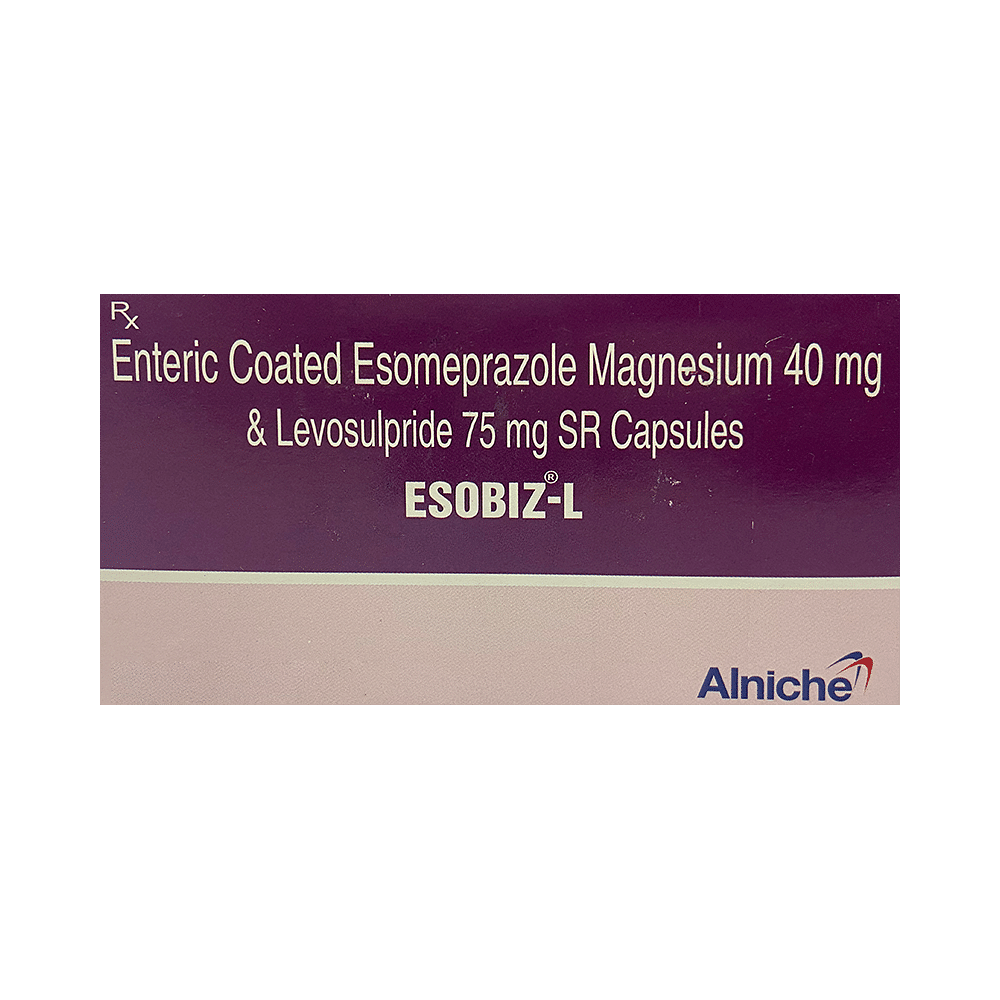
Esobiz-L Capsule SR
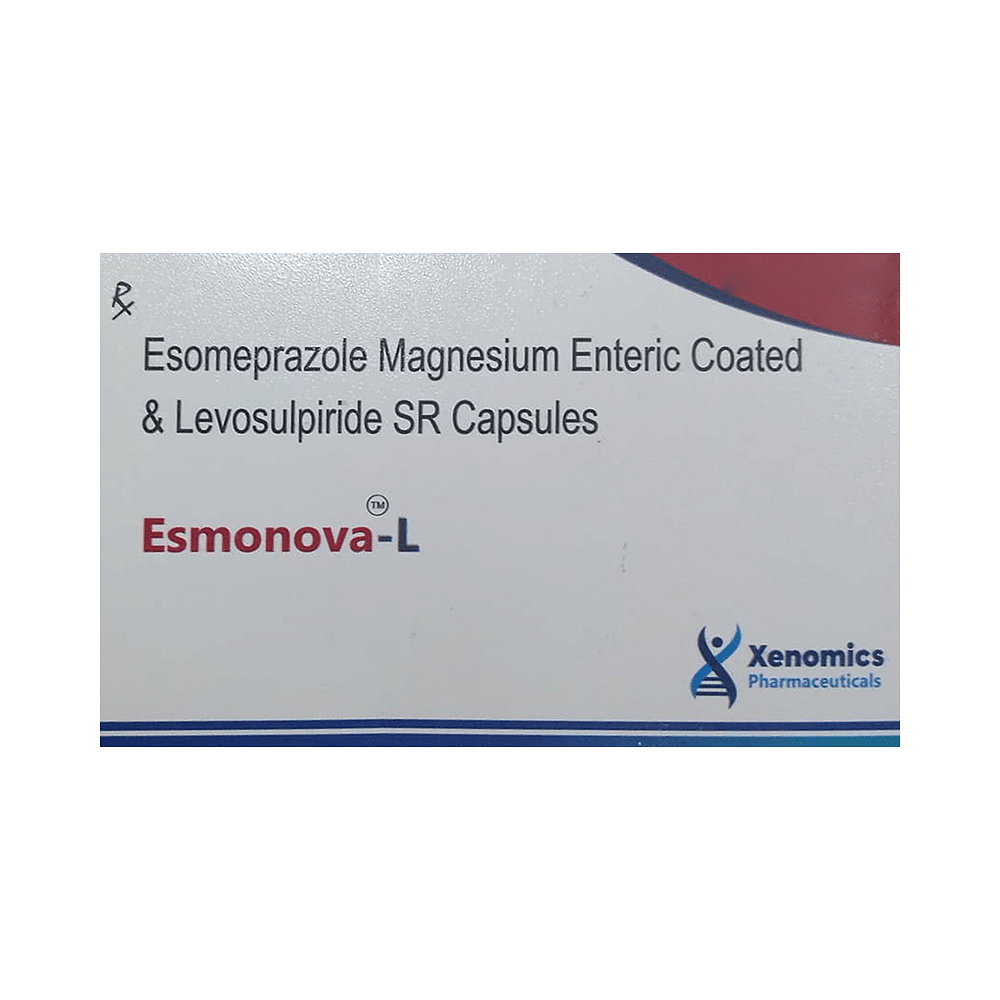
Esmonova-L Capsule SR

Esobox L 75mg/40mg Capsule SR
Frequently asked questions
What are the storage and disposal instructions for Vanlevopride 75mg/40mg Capsule SR?
Store this medicine in its original container, tightly closed. Refer to the provided label or packaging instructions for specific guidance on storage conditions. Dispose of any unused medication safely and ensure it is inaccessible to pets, children, and unauthorized individuals.
What is the optimal time for taking Vanlevopride 75mg/40mg Capsule SR?
Take Vanlevopride 75mg/40mg Capsule SR exactly as prescribed by your doctor. Ideally, administer one capsule on an empty stomach.
Are there any contraindications for using Vanlevopride 75mg/40mg Capsule SR?
Avoid use of Vanlevopride 75mg/40mg Capsule SR if you experience an allergy to any of the medicine's components or excipients.
Can Vanlevopride 75mg/40mg Capsule SR cause dizziness?
Yes, some patients may experience dizziness (feeling lightheaded, faint, weak, or unsteady) after taking Vanlevopride 75mg/40mg Capsule SR. If you feel dizzy, it's best to rest in a calm environment and resume your activities once the feeling subsides.
Does using Vanlevopride 75mg/40mg Capsule SR increase fracture risk?
Several studies suggest that prolonged use of Vanlevopride 75mg/40mg Capsule SR may be linked to a heightened risk for osteoporosis-related fractures, specifically hip, wrist, or spine fractures. This increased risk is particularly notable in those taking higher doses or long-term treatment (a year or longer).


